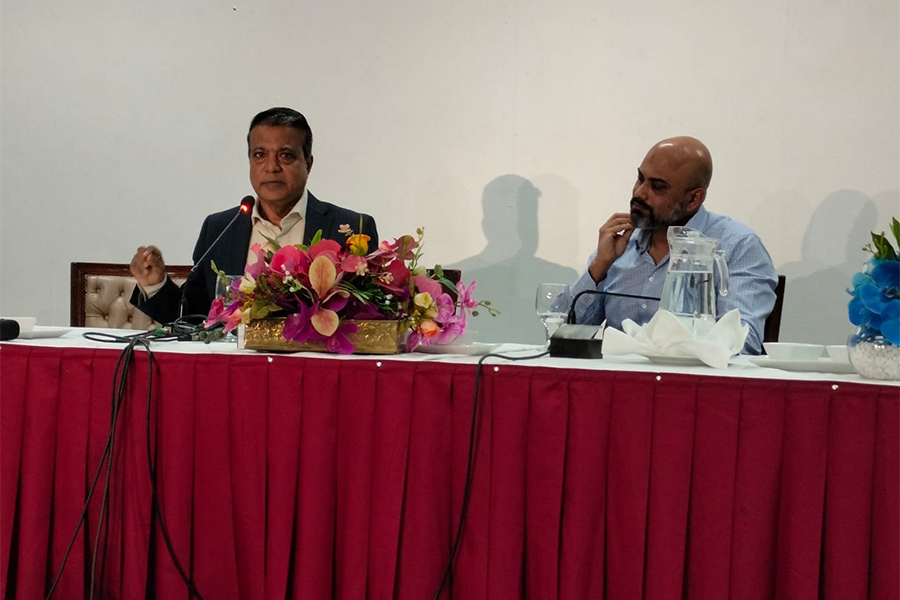

Private power producers have urged the government to clear their outstanding bills against sales of electricity to the state-owned Bangladesh Power Development Board.
“Currently, the Independent Power Producers’ total dues to be paid by the BPDB is around Tk 16,000 crore (Tk 160 billion),” said David Hasanat, president of the Bangladesh Independent Power Producers Association (BIPPA) while addressing a press conference at Sonargaon Hotel in the city on Thursday, UNB reports.
Accompanied by his predecessor, Imran Karim, vice chairman of Confidence Group, he said they have been unable to continue the operation of their power plants because of the payment backlog.
“We have obligations to pay back loans taken from banks to set up our power plants and open LC to import fuels. So, if we don’t get the due payments from the BPDB, it will be difficult to continue the power plants’ operation,” said Imran Karim.
Both David and Imran said BIPPA has no objection if the government punishes the culprits in the power and energy sector who obtained business through corruption and laundered money abroad.
“We admit there might have been corruption in the power sector and money laundering during the previous Awami League government. Those who were involved in such misdeeds should be punished,” said David, adding that, but all should not be treated equally.
The BIPPA leaders apprehend that if the government doesn't take measures to clear the due payment it would lead to a shortfall in power generation in the coming summer.
“There will be increased power demands with the beginning of Ramadan, irrigation season and the summer season. If steps are not taken to address the payment issue, there might be a load shedding of 3500-4000 MW during the peak hours,” he added.
David Hasanat said there was no tax on the import of electricity from Adani's Power. But the local companies’ have to pay huge taxes on locally produced power.
Imran Karim said there is a 34 per cent tax on the import of furnace oil, while tax on the import of coal is only 5 per cent. “If the tax is equal on both coal and furnace oil, the cost of power generation from furnace oil will be cheaper,” he said.


 For all latest news, follow The Financial Express Google News channel.
For all latest news, follow The Financial Express Google News channel.